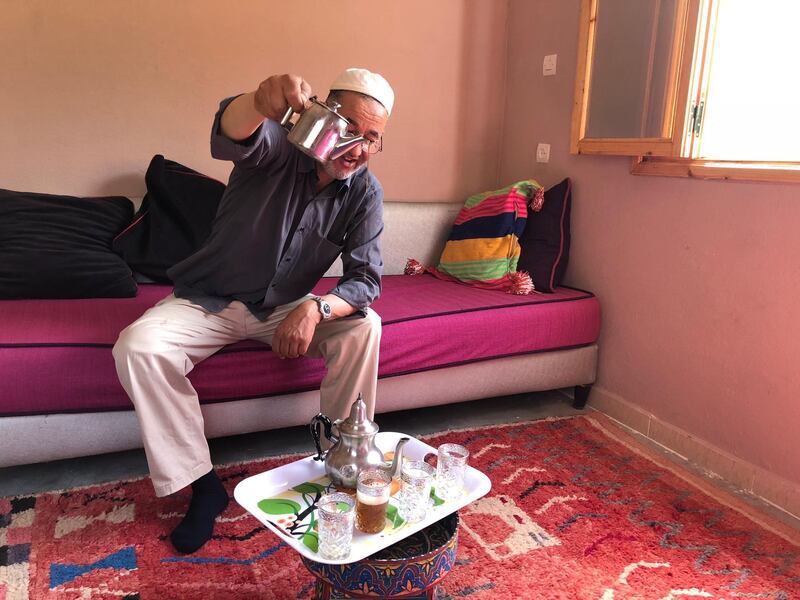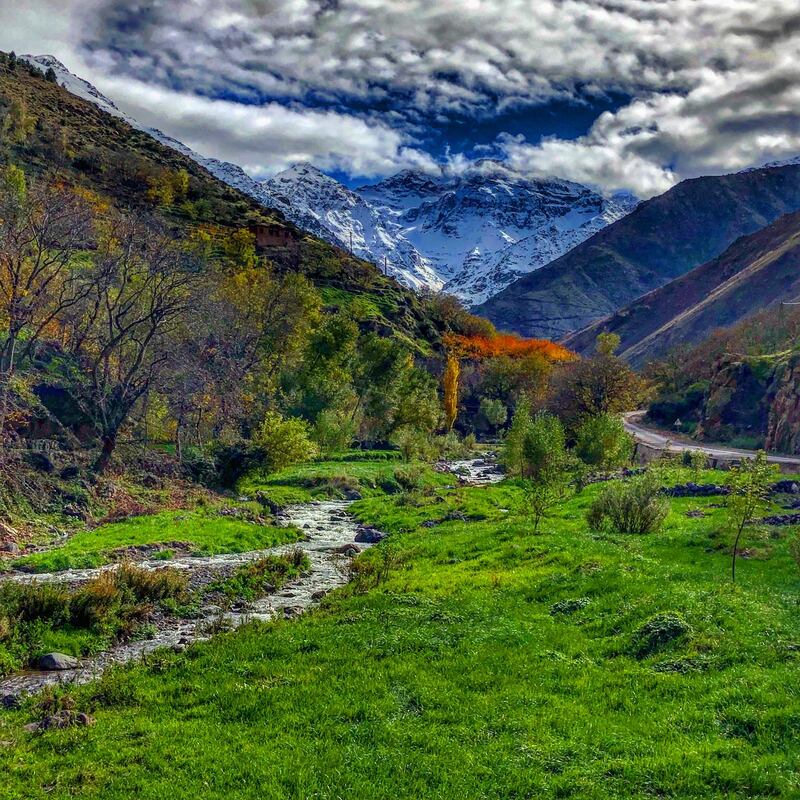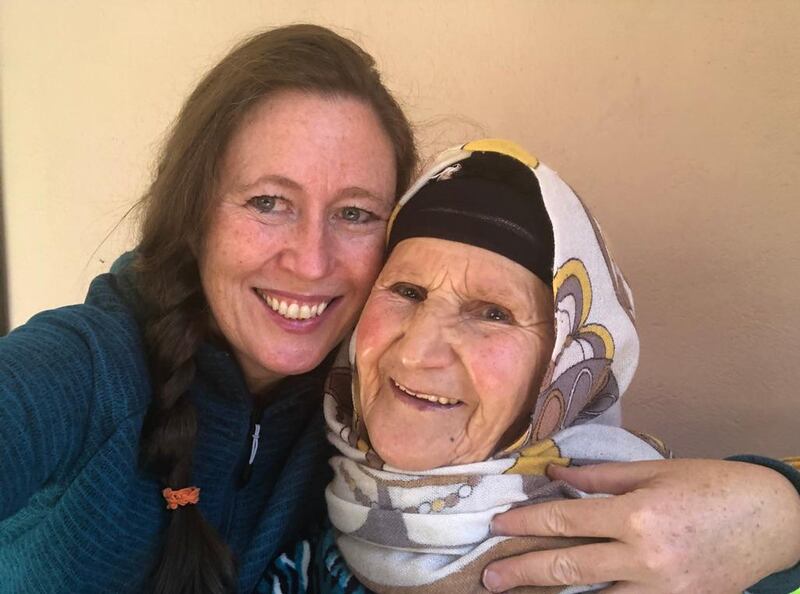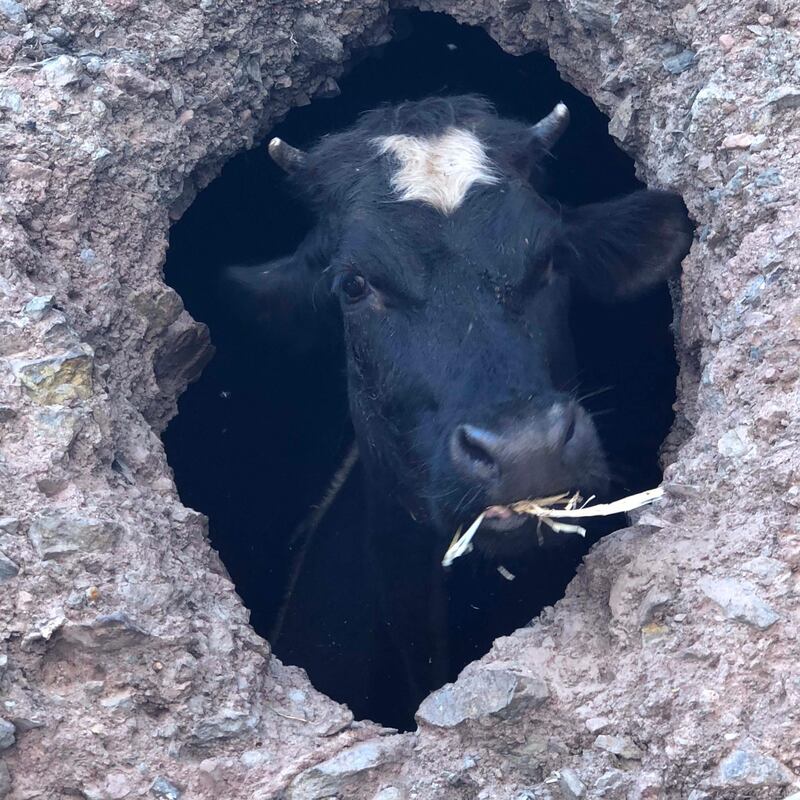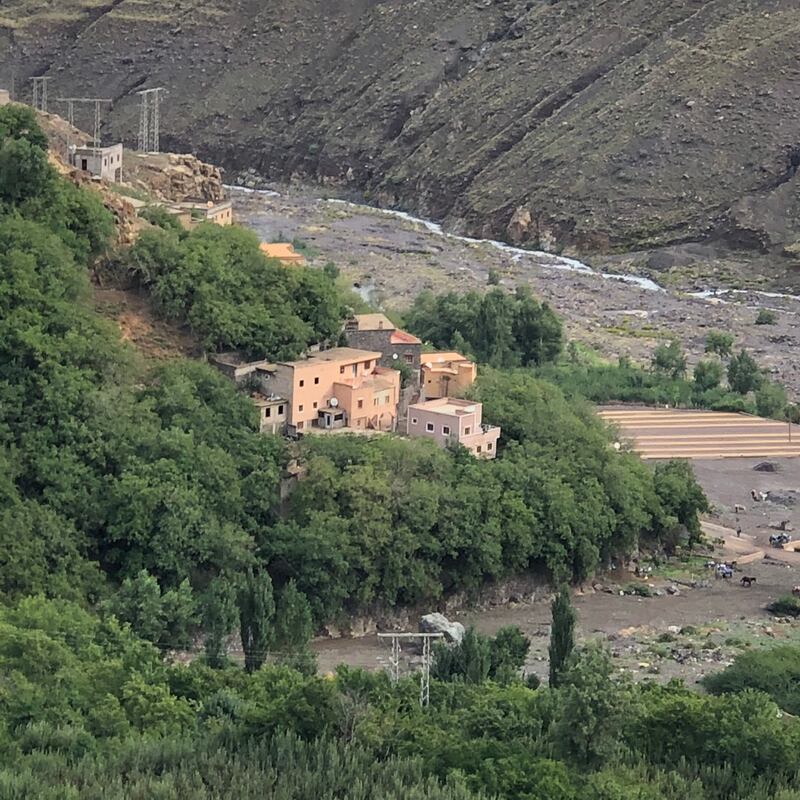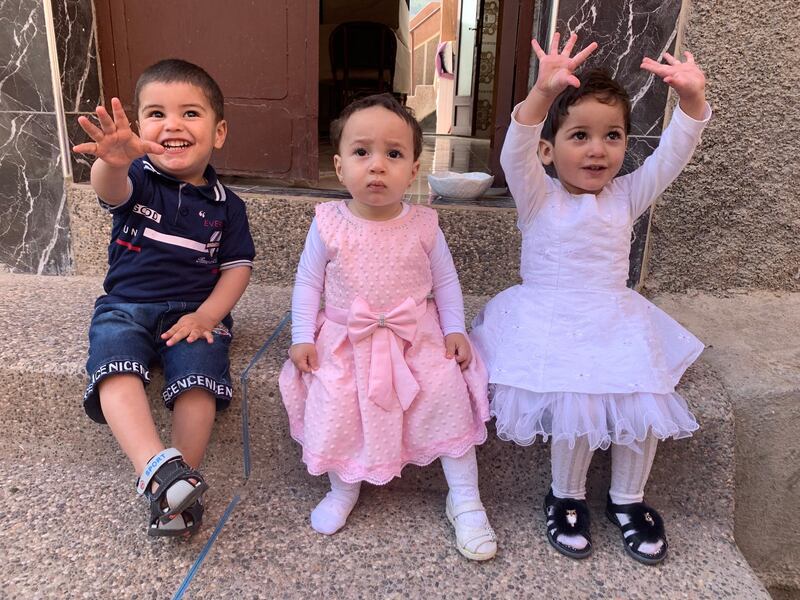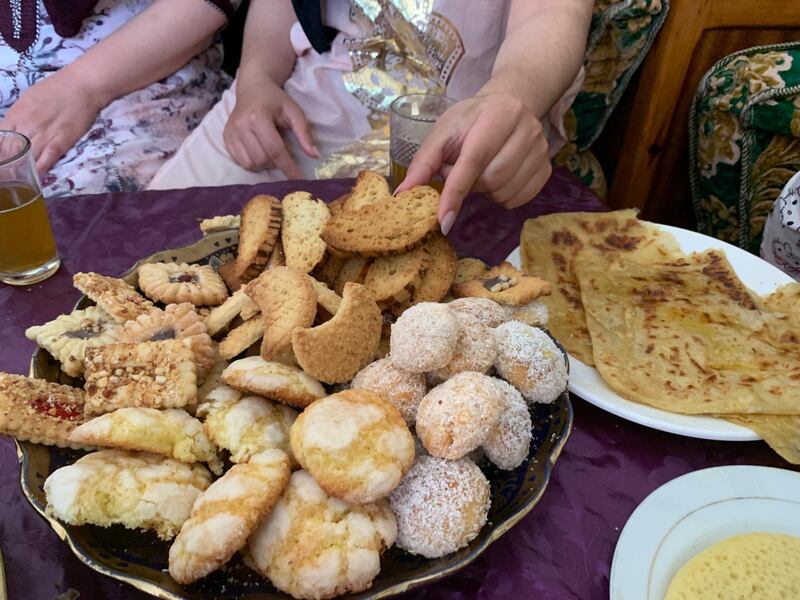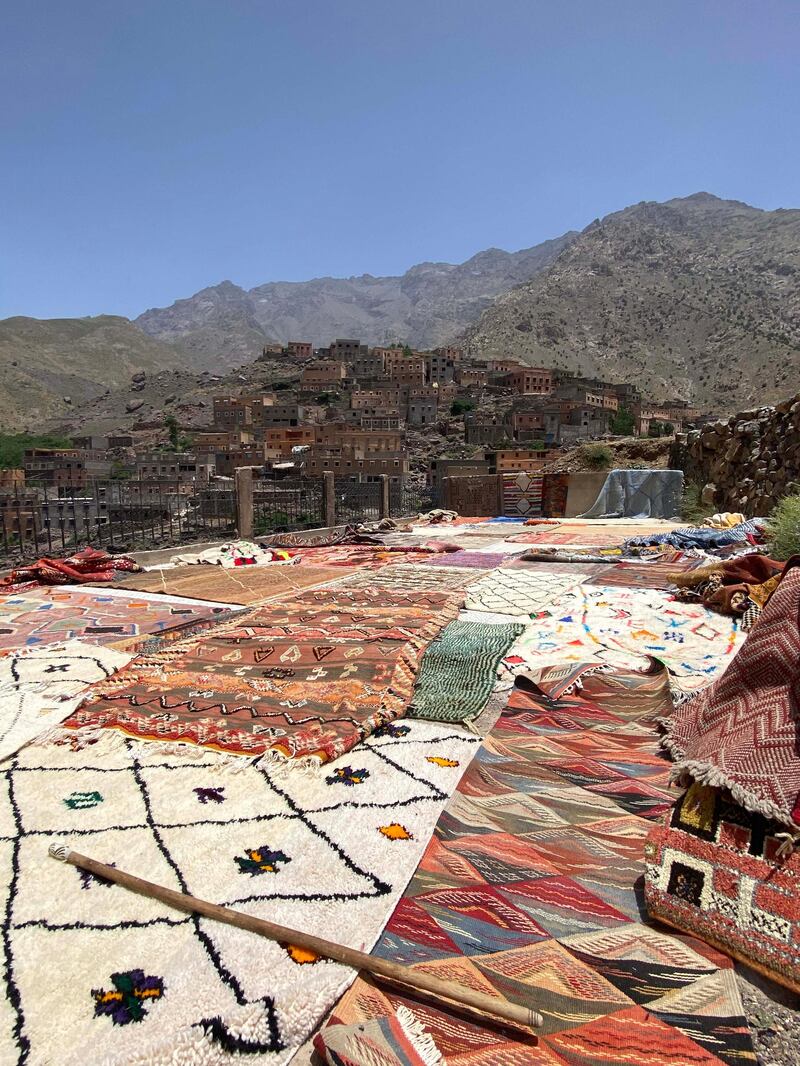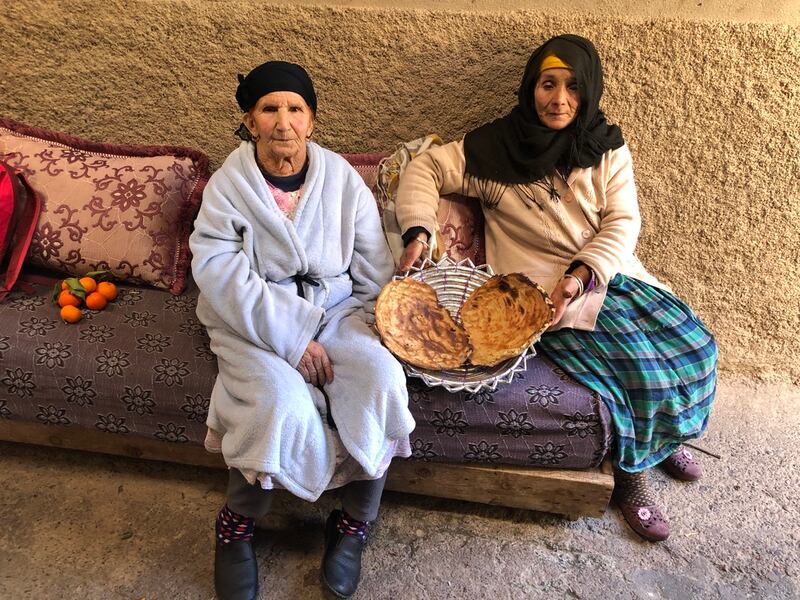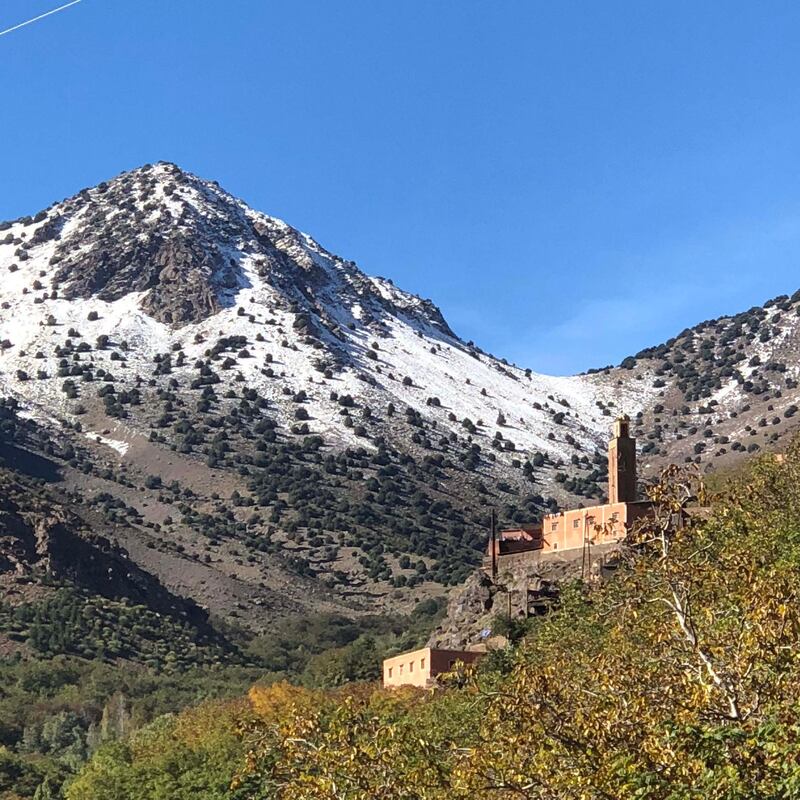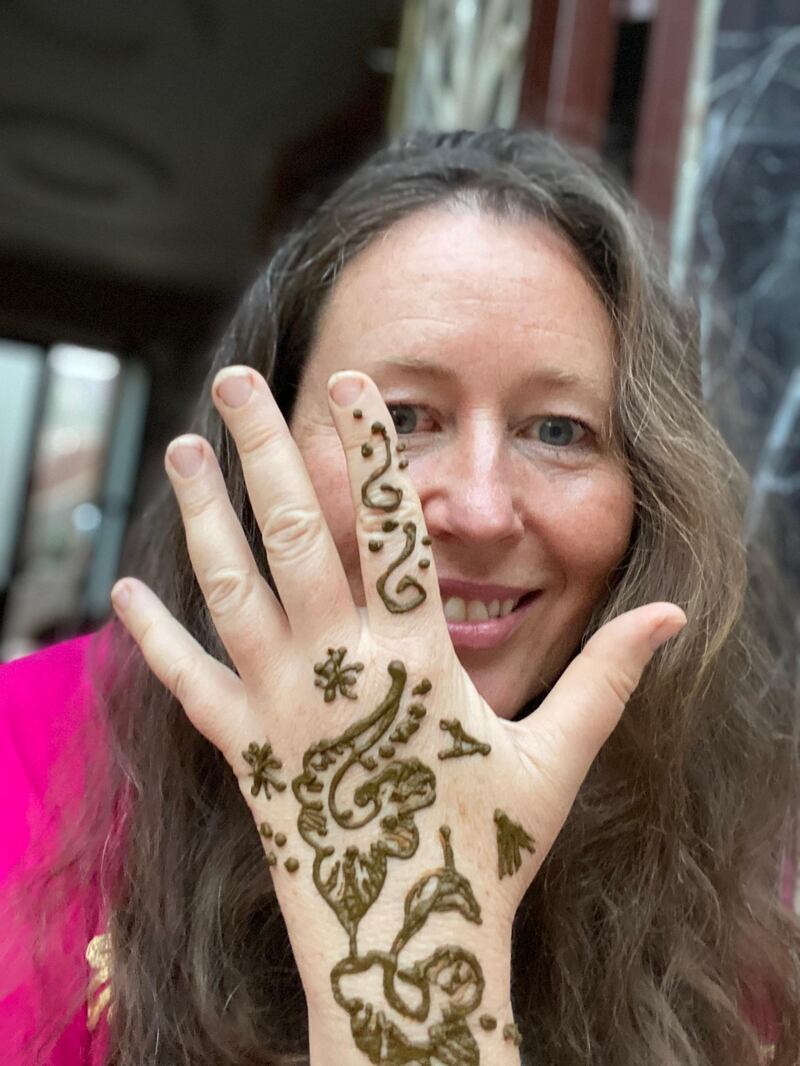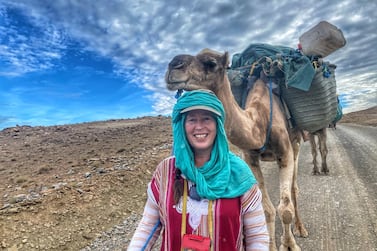I was in a rut. I had eaten too many chocolate biscuits and watched too many Netflix box sets curled up on the sofa with my cats. The result was an expanded body but shrunken soul.
What I needed was an adventure and, as I am by nature an extremist, I hunted around for something that was way outside of my comfort zone. I found it: the Everest Trail Race ultramarathon; six days running around the world’s highest mountain semi self-supported with 15,000 metres of ascent. If you can imagine climbing a 15-kilometre ladder while struggling to breathe, then you get the idea. I signed on the dotted line.
At the time, I was living in Essaouira on the Moroccan Atlantic coast, which is home to long beaches, pleasant squares filled with would-be Bob Marleys, a fabulous souq with the best range of olives in the world and an excellent Italian gelateria. Wonderful, but absolutely no use for training at high altitude. So I decided to move to the Atlas Mountains, to the small village of Imlil, which lies at the base of Mount Toubkal, North Africa’s highest peak at 4,167 metres.
In Morocco, everything is personal, and I asked my hiking guide friends in the area if they knew of anywhere to stay. Hassan said: "Yes, Hajj Brahim has a small house with his family. He will treat you well. He is a very good and honest man.” Six weeks later I moved in.
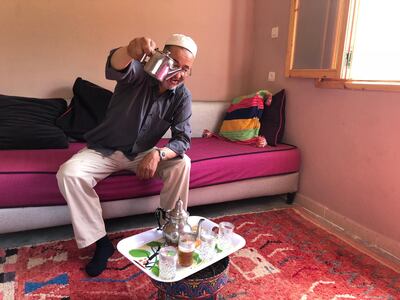
Moving was a foretaste of what my life would be like. I rolled up with my lorry to be met by Hasan, six strong men, a mule and an assortment of young boys. Already at altitude and with my house a few hundred metres away up a steep goat track, I puffed and sweated as I carried up my ironing board and a box of shoes.
“Alice, it is better if you go and sit in the cafe and have some tea, and we will do this,” Hassan told me. As I watched, the men loaded the washing machine onto the mule and the boys scampered around with vacuum cleaners and lampshades.
My little one-bedroomed house is set in a gated compound of four families, with a shared yard and a big arched door at the end. We are about 25 people in total. The yard is always full of children and cats and sometimes chickens, and my step is a handy place for the women to sit in the shade. My bedroom is located right over the family cow, so can get a bit smelly in the mornings, but I am also perched above a sea of walnut trees.
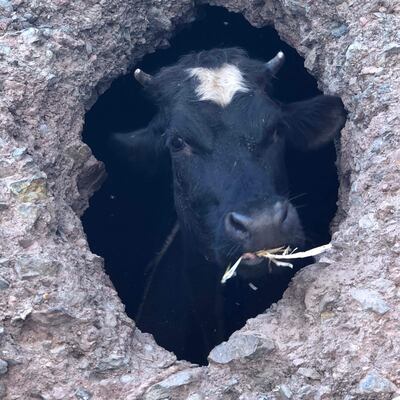
I speak Arabic but that was no good to me here as the language is Tashlaheet, one of the three Amazigh languages of Morocco. I needed to learn fast to integrate with my neighbours. Help came in the form of Hajj Brahim’s 90-year-old mother. I had decided to leave my front door open to encourage visitors and she arrived with two ripe peaches. "Peace be upon you my daughter, welcome, my son has built you a beautiful house."
A face glowing with the wisdom of a life kindly spent, she smiled at me and put her hot, dry hand into mine. We walked to the terrace and she started to teach me words – "Odrar: mountains", "Ishwa: beautiful" – as we sat listening to the birds hand in hand.
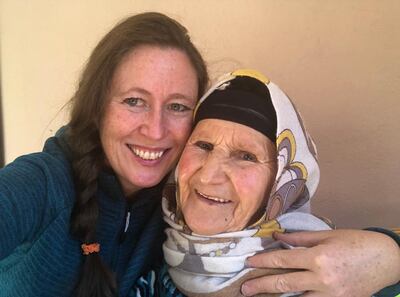
Another breakthrough was my first tea party with the women. A flower-like girl of about 8 – Zineb – was sent to fetch me at five o’clock and I was taken up to Rachida’s house. Seven women of differing ages, the wives and mothers, were sitting in fluffy pyjamas with bright robes, aprons and headscarves over the top. I was welcomed and kissed and guided through the feast: flaky paratha-like bread, cushiony pancakes, butter, honey and walnuts. “Everything is from the home,” Rachida told me proudly, “The butter is from the cow downstairs, even the honey is from our wild hives in the mountains. Eat, eat.”
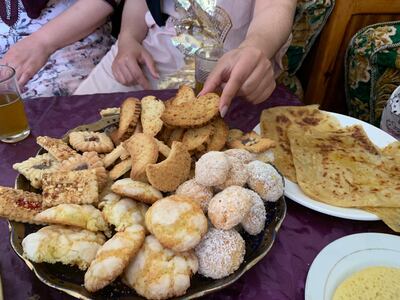
I had to train so every day I would get my kit on and go up the mountains. “Look, Madame Sport is coming,” the little boys would yell in delight and then jog along with me for a bit, dragging me off the path if they spotted something exciting to show me, like goats climbing trees to get to the juicy tips.
I also started doing games with the kids in the compound every Sunday, and seeing the little girls pelting along to win the running races in their pink plastic slippers or doing their best to imitate elephants has become an enormous shared pleasure. Musical statues is the absolute favourite, though.
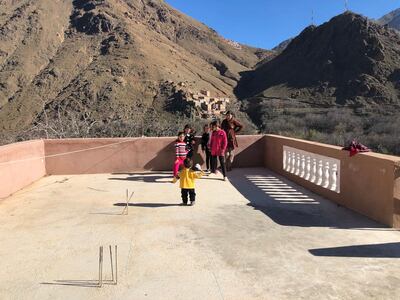
The race came and I was seen off by the family with every wish for my success and a speedy return. “God, go with you! God be with you,” they cried as young Imran carried my kit bag down the goat track – it was bigger than him. I ran and walked and suffered round Everest, focused solely on my goal of finishing each day within the time limits so that I wouldn’t suffer the ignominy of being disqualified and helicoptered back to Kathmandu. My joy when I went up to collect my finisher’s medal was indescribable.
Wearing that medal, after a month away, I skipped up the goat track back to my mountain house. “Salaam alaykum,” I called as I peeped round the gate and was immediately swamped by a tidal wave of people. I was enveloped in hugs and kisses while the children capered around. “Come, come, let’s drink tea,” said Fatma, Hajj’s wife, grabbing my hand.
"And then, sport, Alice,” said little Zineb. "We have been waiting for you.” I was home.
The book of Alice Morrison’s BBC2 Series, Morocco to Timbuktu: An Arabian Adventure, is available on Amazon
